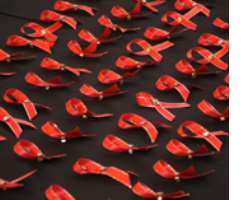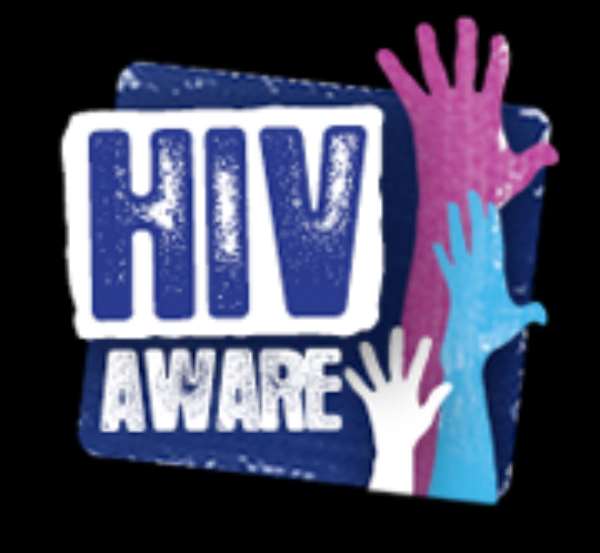HIV facts: WORLD AIDS DAY 1 DECEMBER

What is HIV?
HIV stands for the Human Immunodeficiency Virus. It is a virus which attacks the body's immune system - the body's defence against diseases. When someone is described as living with HIV, they have the HIV virus in their body.
What is AIDS?
AIDS stands for Acquired Immune Deficiency Syndrome. A person with HIV is considered to have developed AIDS when the immune system is so weak it can no longer fight off a range of diseases with which it would normally cope.
How is HIV passed on?
HIV can be passed on through infected blood, semen, vaginal fluids, rectal secretions or breast milk.
The most common ways HIV is passed on are:
Sex without a condom
Sharing infected needles, syringes or other injecting drug equipment
Is there a cure for HIV?
No, but treatment can keep the virus under control and the immune system healthy. People on HIV treatment can live a healthy, active life – although some may experience side effects from the treatment. If HIV is diagnosed late, treatment is likely to be less effective.
How can I protect myself and others from HIV infection?
Always use a condom when having vaginal or anal sex. You may also want to use a condom or dental dam during oral sex although the risk of transmission of HIV is much lower. You can get free condoms from a sexual health clinic, which you can locate at via the FPA website. Never share needles, syringes or any other injecting equipment.
I don't know anyone with HIV... do I?
Today there are more people than ever before living with HIV in the UK, but many people think they don't know anyone with HIV. But one in four people living with HIV don't know they have it, and even if someone does know they are HIV positive, they may not feel able to tell you. See HIV statistics to find out more about who is living with HIV in the UK.
Did you know?
Over a quarter of people with HIV in the UK don't know they are infected
One in 20 gay men in the UK are living with HIV
For someone diagnosed with HIV today at 35 (the average age of diagnosis in the UK) life expectancy is over 72
The most common treatment today for someone diagnosed with HIV early is one or two pills a day
Lots of people with HIV work and their HIV does not affect their working life
HIV is not transmitted through normal everyday contact at work, school or in social situations
HIV is not transmitted by biting, scratching or spitting
With the right medical help, 99% of HIV positive women give birth to healthy babies without passing on HIV
HIV affects all ages – one in five people living with HIV in the UK are over 50 and last year one in ten people diagnosed were aged 16 to 24

